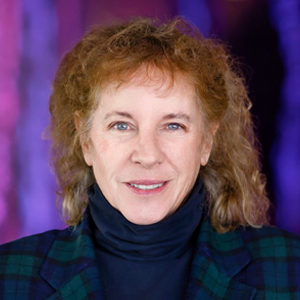Amy F.T. Arnsten is Albert E. Kent Professor of Neuroscience at Yale University. She studies the molecular regulation of higher cortical circuits in primates, working to identify the unique mechanisms needed for higher cognition that also confer vulnerability to stress, inflammation and aging, which increase the risk of cognitive disorders such as schizophrenia and Alzheimer’s disease.
Arnsten received her B.A. in neuroscience with honors from Brown University in 1976 and her Ph.D. in neuroscience from the University of California, San Diego in 1981, with postdoctoral fellowships at the University of Cambridge with Susan Iversen, and then at Yale University with Patricia Goldman-Rakic. She became assistant professor at Yale in 1986.
She is a member of the National Academy of Medicine and received the Goldman-Rakic Prize for Outstanding Achievement in Cognitive Neuroscience. Much of her research focuses on the prefrontal cortex, a recently evolved brain region that subserves higher cognition and top-down control, comparing this cortex with the vulnerable entorhinal cortex and the resilient primary visual cortex. Her lab discovered the narrow inverted U in both dopamine and noradrenergic actions in the prefrontal cortex, and the intracellular signaling mechanisms that take the prefrontal cortex “off-line” during uncontrollable stress exposure that drives atrophy and tau hyperphosphorylation. Arnsten’s research has led to the development of guanfacine (Intuniv) for the treatment of attention-deficit/hyperactivity disorder and other prefrontal conditions. Her recent work includes studies on treating the cognitive deficits of long COVID and delirium.



